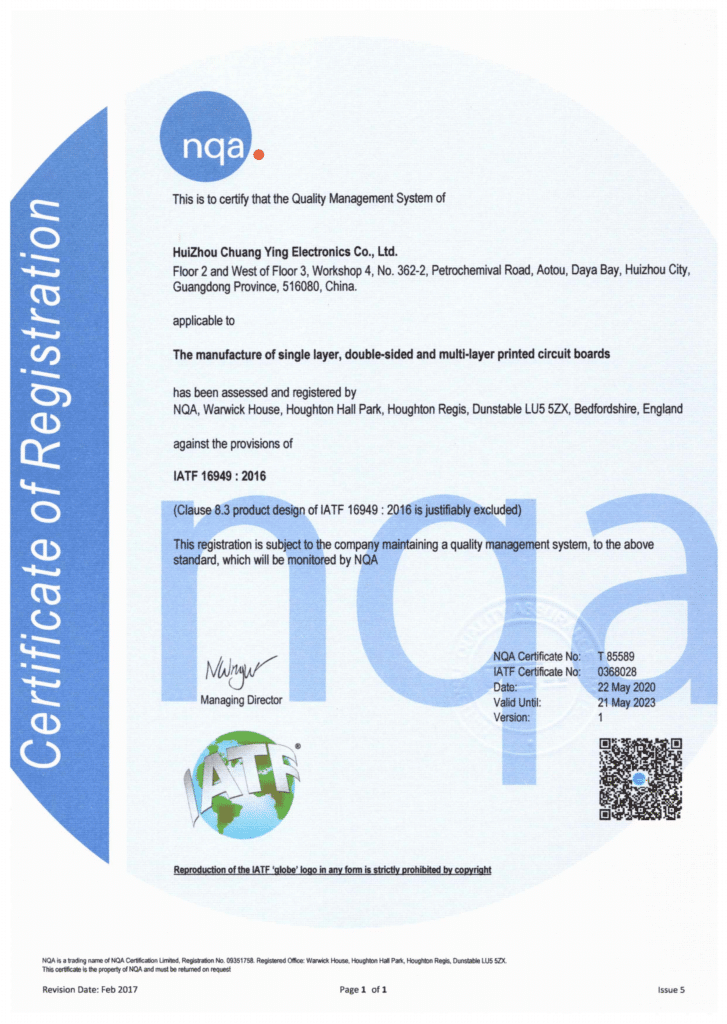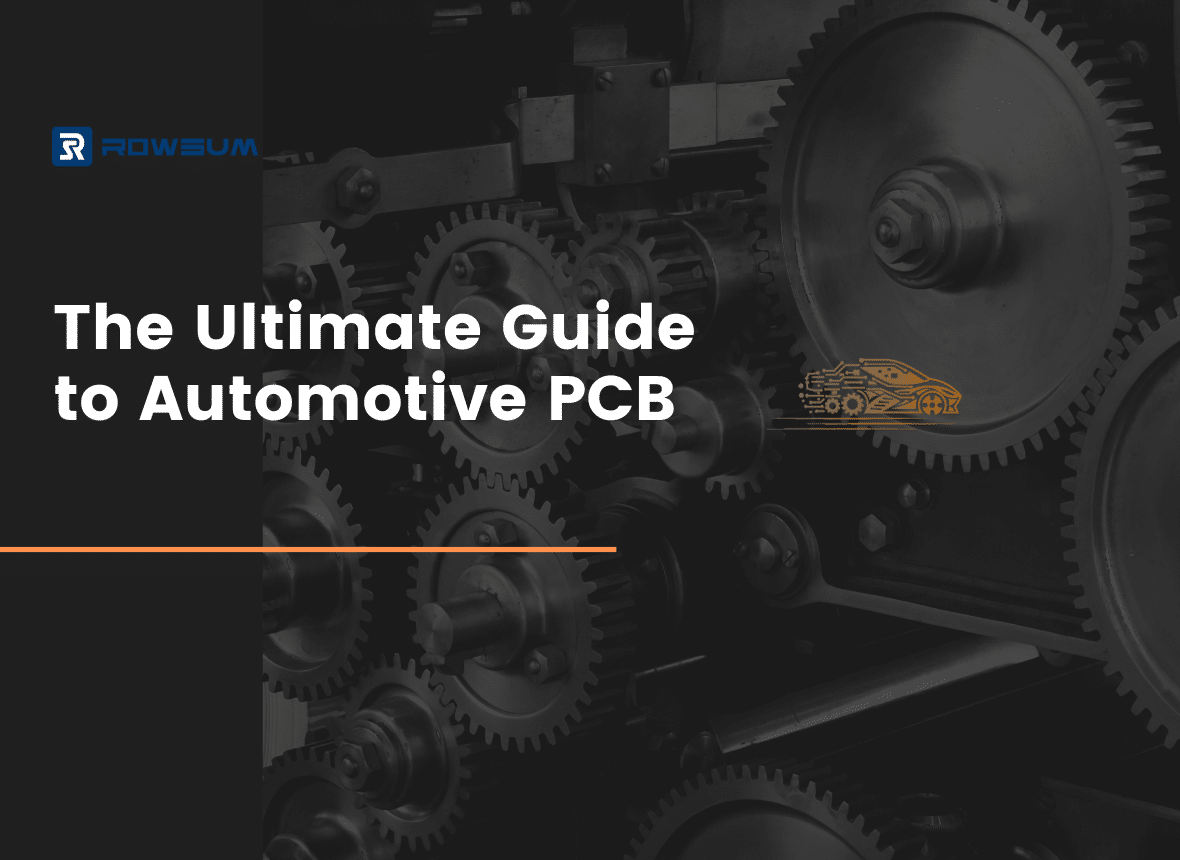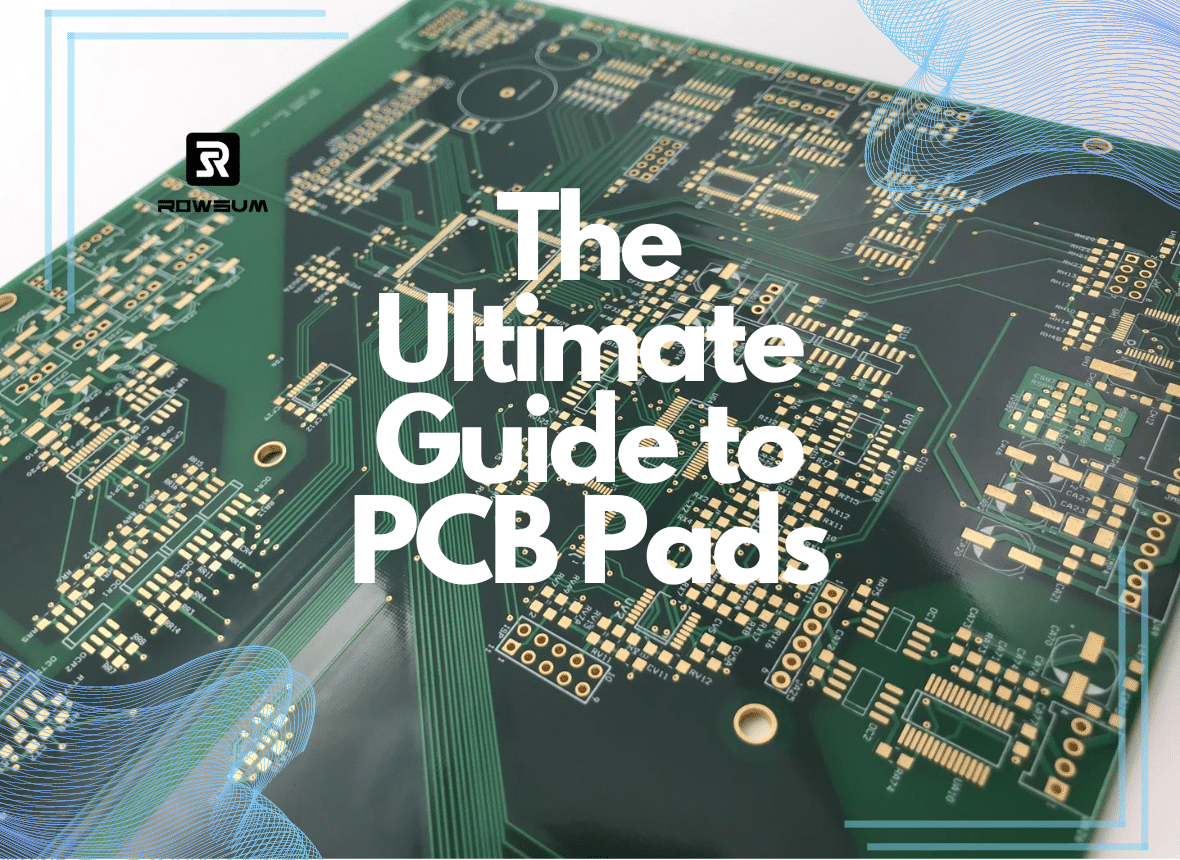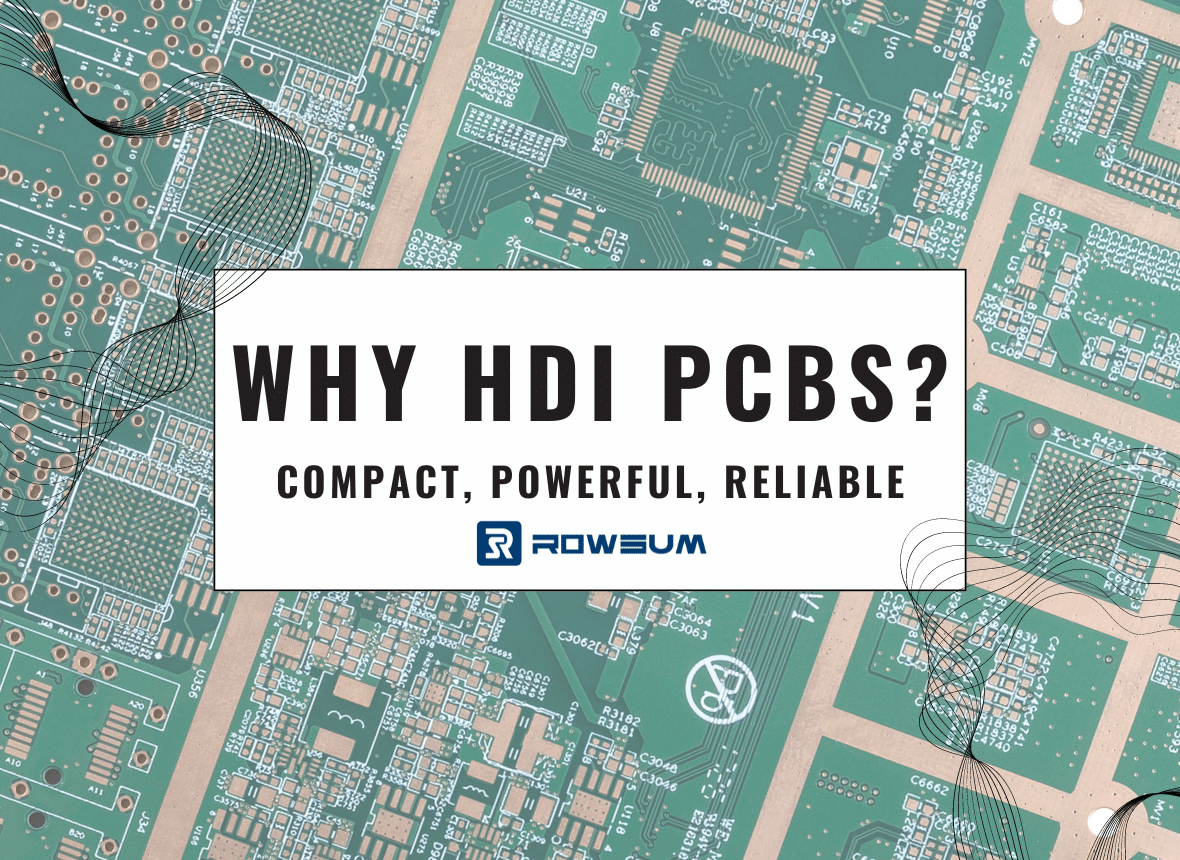Introduction
Ever wondered how your car’s navigation system works so seamlessly? Or how safety features like airbags and anti-lock braking systems function reliably?
Automotive PCBs are the backbone of these complex functionalities in modern vehicles. They are designed to endure the challenging conditions of automotive applications, enabling everything from engine control to advanced safety systems.
So, what exactly are Automotive PCBs, and why are they indispensable in modern vehicles?
Automotive PCBs are specialized circuit boards that facilitate a range of functions in vehicles, from speedometers and air conditioners using single/double-layer PCBs to engine systems and power transmission control systems utilizing metal-core and rigid-flex PCBs. This guide aims to be your go-to resource for everything you need to know about Automotive PCBs.
Comprehensive Guide to Automotive PCBs: Types, Applications, and Material Considerations
Introduction to Automotive PCBs
The automotive industry is undergoing a technological revolution, with electronics playing an increasingly pivotal role. But what drives these sophisticated systems? The answer lies in Automotive PCBs.
Types of Automotive PCBs and Their Applications
Understanding the types of PCBs and their applications is crucial for sourcing the right components for your automotive systems.
- Rigid PCBs: Predominantly used in control modules and power supplies, these PCBs offer durability and can withstand harsh conditions.
- Flex PCBs: Ideal for confined spaces like dashboard electronics, these lightweight PCBs offer flexibility without compromising on performance.
- Rigid-Flex PCBs: Used in complex systems requiring both durability and adaptability, these PCBs offer the best of both worlds.
Material Considerations
Different automotive applications require PCBs with varying material properties.
- Inorganic Ceramic-based PCBs: Known for high heat resistance of up to 350°C and excellent dimensional stability, these are ideal for engine systems but come at a higher cost.
- Organic Resin-based PCBs: More commonly used due to their effective heat resistance of up to 170°C and lower cost, these are suitable for a majority of modern vehicles.
Matching PCB Types to Vehicle Systems
| Vehicle Systems | Suitable PCB Types | Typical Lifespan |
|---|---|---|
| Speedometer, Air Conditioner | Single/Double-layer PCB | 5-7 years |
| Car Stereo, Monitor | Double-layer PCB, Multi-layer PCB | 6-8 years |
| Engine System, Power Transmission | Metal-core PCB, Rigid-flex PCB | 8-10 years |
| Navigation, Power Controller | Embedded PCB | 7-9 years |
Importance of Material and Type for Longevity and Reliability
Choosing the right type and material for your PCBs is not just a matter of immediate functionality but also impacts the long-term reliability and lifecycle of your automotive systems. High-temperature PCBs that dissipate heat quickly are crucial for ensuring longevity.
Key Applications of Automotive PCBs
The Pervasiveness of PCBs in Modern Vehicles
Automotive PCBs are not just limited to basic functionalities; they are the backbone of modern smart vehicles. Did you know that a single car can have up to 50 different PCBs? These boards are integral to everything from safety systems to entertainment options.
Safety Systems
- Airbag Systems: Utilizes high-reliability PCBs to ensure instantaneous response in case of an accident.
- Anti-lock Braking Systems (ABS): Employs specialized PCBs that can withstand high pressures and temperatures, reducing braking distances by up to 30%.
Infotainment and Connectivity
- Audio Systems: Multi-layer PCBs are commonly used to deliver high-quality audio output.
- GPS and Navigation: Advanced PCBs with high-speed signal capabilities ensure real-time tracking and updates.
Power Management and Energy Efficiency
- Battery Management Systems: Utilize PCBs with high thermal conductivity to manage and distribute battery power efficiently.
- Electric Vehicle (EV) Controllers: Specialized PCBs are used to manage the complex power requirements of electric vehicles, increasing energy efficiency by up to 15%.
Sensing and Monitoring
- Temperature Sensors: PCBs in these sensors ensure optimal engine performance by maintaining temperature within a specified range.
- Radar and LiDAR Systems: High-frequency PCBs are essential for the accurate functioning of these distance and speed sensing systems.
The Future of Automotive PCB Applications
As vehicles become more connected and autonomous, the role of PCBs is set to evolve further. By 2030, it’s estimated that autonomous vehicles will require PCBs capable of processing up to 1 terabyte of data per hour.
Quality Standards and Certifications

In the automotive industry, quality isn’t just a buzzword; it’s a critical requirement. Why? Because lives depend on it. The cornerstone certification for automotive PCB manufacturers is ISO/TS 16949. This standard integrates various quality management principles, ensuring automotive parts are safe, reliable, and of high quality.
In addition to ISO/TS 16949, ISO 9001 is another vital certification that underscores a company’s commitment to quality management across all operations.
Other important standards include IPC-A-600 and IPC-A-610, which set the criteria for PCB and electronic assemblies, respectively. RoHS compliance ensures environmental sustainability by restricting the use of hazardous substances in PCBs.
Material and Design Considerations
Types of Materials Used
In the automotive PCB industry, the selection of the right material is a pivotal factor that can greatly influence both the performance and longevity of the board. Here are some of the most commonly used materials, each with its unique properties and applications:
- FR-4: This is the go-to material for many PCB applications. It is known for its general-purpose utility and comes with a dielectric constant of approximately 4.5. It’s a reliable choice for a broad range of automotive systems.
- High Tg FR-4 (TG170-180): This material offers enhanced thermal stability with a glass transition temperature that ranges between 170°C and 180°C. It is particularly well-suited for automotive applications that demand high-temperature resistance, such as engine control units.
- Aluminum: Renowned for its superior heat dissipation capabilities, aluminum PCBs have a thermal conductivity of 1.5 W/mK. These are often used in automotive LED lighting systems and power converters to manage heat effectively.
- Polyimide: This material is valued for its flexibility and heat resistance, which can go up to 250°C. It’s commonly used in applications like flexible circuits and sensors.
- Rogers: A high-performance material, Rogers is known for its low dielectric loss and high-frequency performance. It has a dielectric constant that ranges from 2.9 to 10.2, making it ideal for high-frequency systems such as automotive radar applications.
Thermal Management
In automotive applications, PCBs often operate in high-heat environments, such as engine control units where temperatures can reach up to 125°C. Therefore, thermal management is a critical design consideration. Materials with high thermal conductivity, such as Copper with 398 W/mK, can greatly enhance the longevity and reliability of the automotive PCB.
Signal Integrity
Signal integrity is paramount, especially in safety-critical systems like airbag deployment, where the response time is often less than 30 milliseconds. Design elements like trace width, spacing, and routing must be meticulously planned to ensure that signals are transmitted without loss or interference.
Component Placement
Strategic component placement can not only optimize board space but also minimize electromagnetic interference (EMI), which is crucial for the reliable performance of the PCB. For example, keeping high-frequency components at least 2 cm away from analog components can reduce EMI.
Conclusion
Navigating the complexities of Automotive PCBs is not just about components and circuits; it’s about driving innovation in a digitally-transformed world. The right PCB can be the difference between a reliable, high-performance system and a costly failure.
Elevate Your Automotive Solutions Today. For industry-leading PCB products and unparalleled customer service, Get Access Now: www.rowsum.com. For specialized inquiries, connect with us directly at [email protected].










